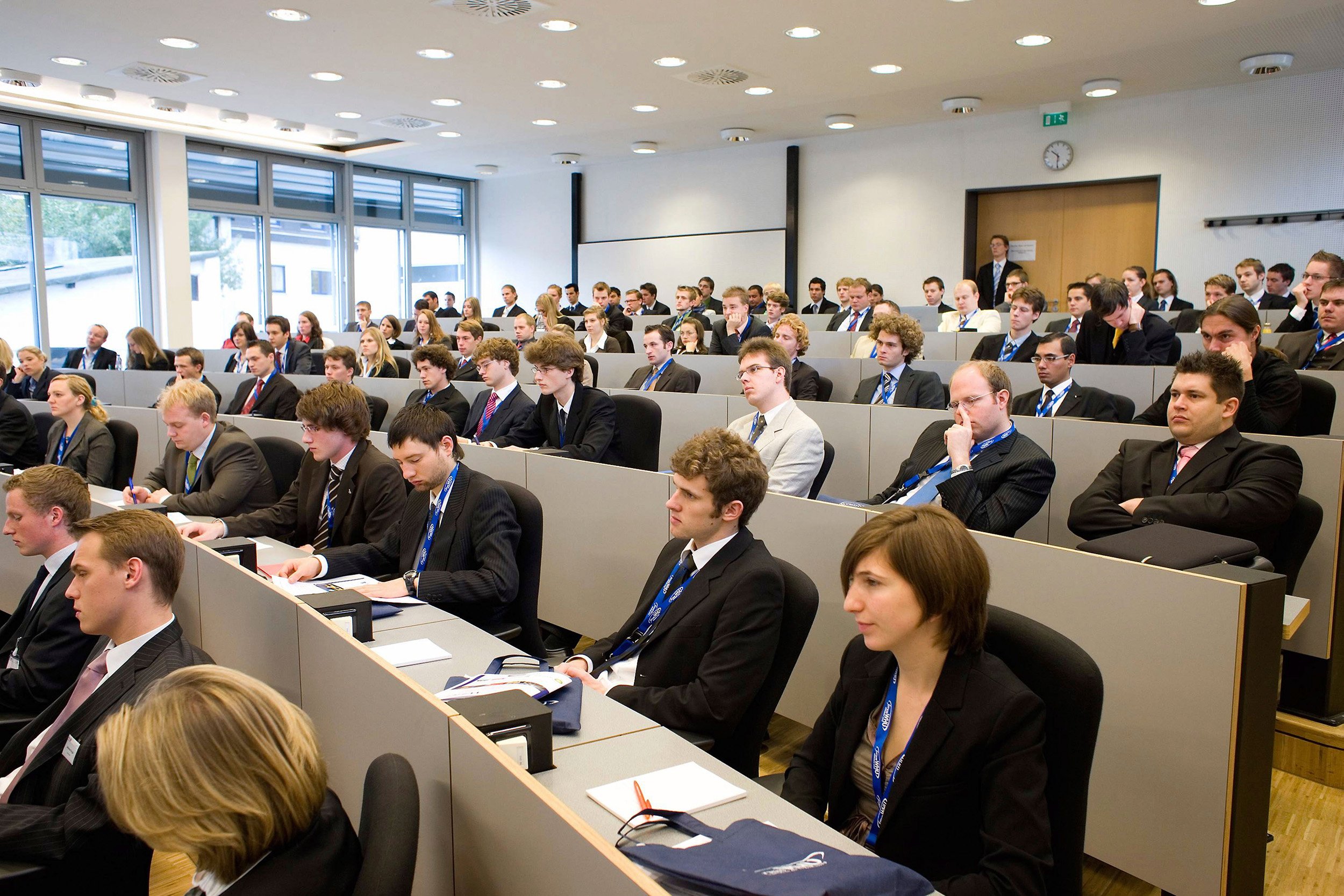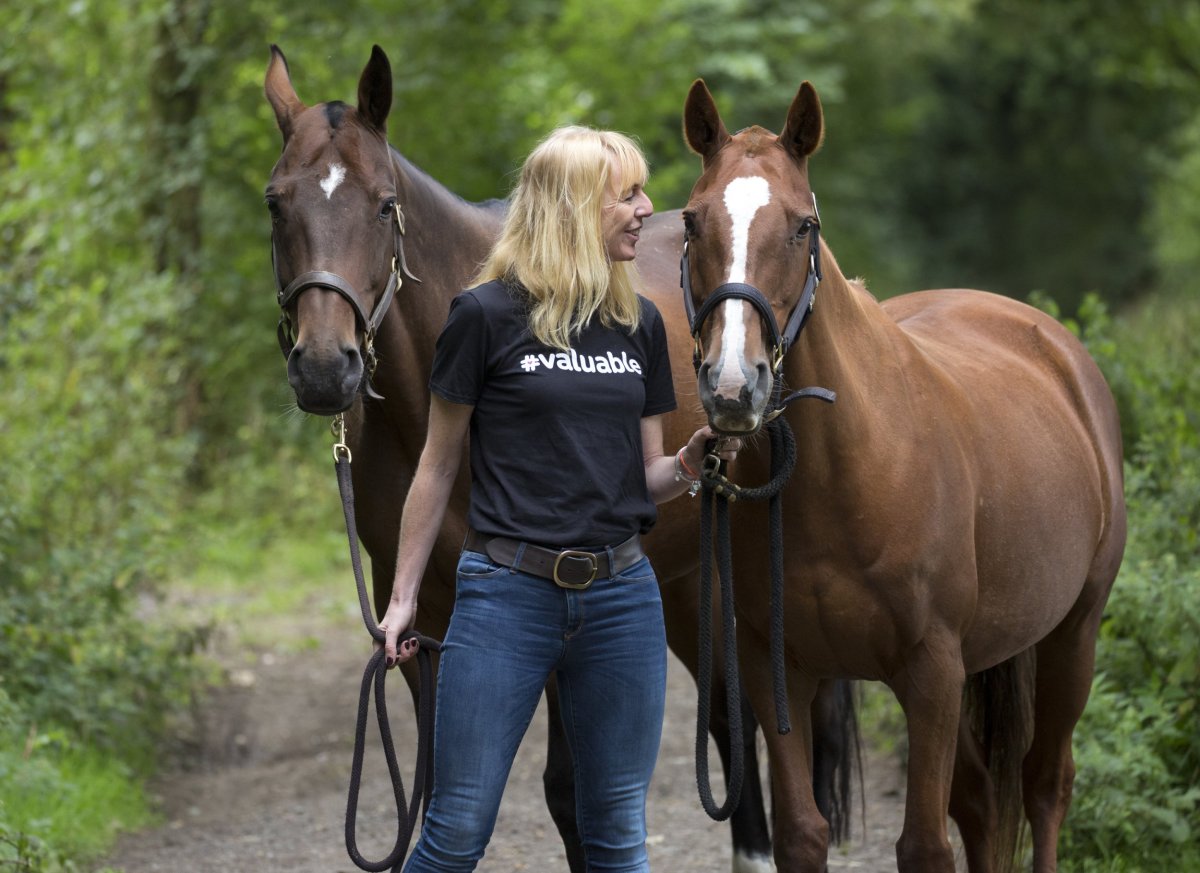
In 1999 I found myself sitting in front of my HR manager at Accenture saying, "I'm sorry, but I can't see very well."
Since birth I have had a condition called ocular albinism and registered blind in my mid twenties—I just hadn't disclosed it to my bosses; in fact, I had hidden it.
As you might imagine, it was a surprising and staggeringly difficult conversation for us both.
I'd spent two years nailing my job as a management consultant, leading the high-octane lifestyle that comes with it. But by hiding my condition, I'd also temporarily but severely damaged the vision I do have, and I was finding it increasingly hard to function.
It was reckless and foolish to hide it. But I thought if I told them, I'd be held back and wouldn't succeed.

You can understand why I might. If you're one of the billion people around the globe today who, like me, live with some form of disability, whether physical, mental or sensory, the odds in general, and particularly in business, are really stacked against you.
The World Health Organization estimates that you're 50 percent less likely to have a job if you have a disability. The Equality and Human Rights Commission estimates you're two times more likely to be living in poverty, and three times more likely to have no qualifications than a person without a disability.
We're living in a global society that overwhelmingly undervalues and excludes the one billion people living with a disability, or 15 percent of our globe's population—that is one in seven of us.
I think part of the reason that moment, sitting in the HR office of my workplace, sticks with me is because it holds a huge part of the solution to this global problem: business.
Business is the most powerful force on the planet. By revenue, if the world's largest corporation, Walmart, were a country it would be the 10th biggest in the world.
Yet it is routinely disregarding and excluding 15 percent of the globe's population. It's estimated that up to half of businesses across the OECD pay fines rather than meet quotas on disability in employment.
Business is a big part of the problem—but most importantly, it's also the key to solving it.
Today, 84 percent of millennials believe that brands have more power to make change than governments. There's a reason organizations like The Human Rights Campaign Foundation run the "Corporate Equality Index." It's not just a measure of how businesses are ranking on equality—it's a litmus for how we're doing as a society. When businesses include, society does too.
Business leaders like Sheryl Sandberg and Paul Polman are symbols of the enormous social muscle and influence of these government-sized businesses.
It's time we channel that game-changing strength to disability.
I've worked with just over 500 businesses in the last 18 years, and talked to another 1,000 about this issue. Like many of the extraordinary experts who've worked in this field long before me, I have noticed two key things that are preventing business from driving that change.
The first is fear—fear of embarrassment, fear of getting it wrong, fear that the return on investment is not worth it. Disability might have made it on to the diversity and inclusion agenda, but it remains under resourced and undervalued—and there's a real fear in admitting that.
This fear too often means that the conversations we need to be having in the boardrooms, in the interviews, in the design room, or on the shop floors just aren't happening. As a result, despite its intersectionality, disability is being overlooked.
The second, and most important is value. Businesses around the world don't see the value of one billion people across their full value chains. They don't see a potential market the combined size of the U.S., Brazil, Indonesia and Pakistan. Or an untapped source of talent, creativity and potential. They don't see potential, ability and contribution.
They certainly don't recognize that the combined disposable income of the 1 billion people, combined with their friends, families and communities is US $8 trillion.
But when we build on what has already been achieved and make a commitment for collective action I think things will start to get exciting when they do.
It's going to take a lot of hard work, but the tide of change is with us. With the news of white supremacist marches back on our TV screens, it's easy to feel that we're losing the fight for diversity and inclusion.
I don't believe it. In 10 years, the most connected generation in history will represent 50 percent of the global workforce.
We're long overdue on this issue. So let's start a conversation—out loud or online. Let's talk to our bosses, our colleagues and our friends and get this issue on top of the business agenda, where it belongs. If we really believe in equality, then we need to include disability.
For my part? I'm getting on a horse next week and riding for 1,000 km across Colombia to Bogota to meet 1,300 young leaders with the power to make change at the One Young World Summit. With very sore muscles, and the support of some phenomenal business leaders, I'm launching #valuable—a global campaign I hope might just be the Firestarter for a new era of inclusion and acceptance in businesses around the world.
Caroline Casey is an award-winning activist and social entrepreneur. This week she's launching #valuable—a new global campaign to put disability on the business agenda.
Uncommon Knowledge
Newsweek is committed to challenging conventional wisdom and finding connections in the search for common ground.
Newsweek is committed to challenging conventional wisdom and finding connections in the search for common ground.
About the writer
To read how Newsweek uses AI as a newsroom tool, Click here.








